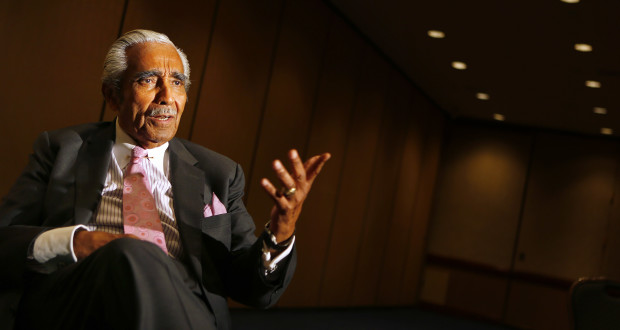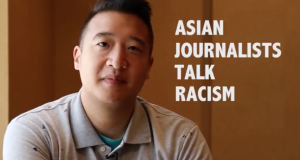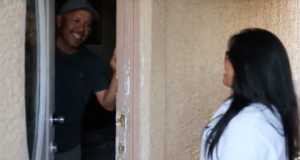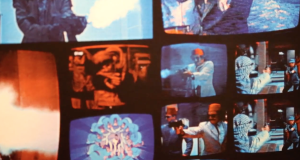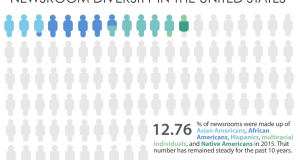As a founding member of the Black Congressional Caucus and a longtime advocate for civil rights, Rep. Charles Rangel (D-N.Y.) is often at the forefront of the conversation about diversity in America.
During his visit to the AAJA convention Thursday, the 23rd-term congressman, 83, discussed with Voices the importance of diversity and being a conscientious writer, especially when covering minority communities.
Watch the video at the bottom of this story.
VOICES: You’ve been in Congress for a very, very long time. You’re one of the founding members of the Congressional Black Caucus, you’re very active in pushing a progressive agenda; diversity is very important to you. What does diversity mean to you? How is that relevant to your personal story; how is it relevant to your political ambitions?
REP. CHARLES RANGEL: If you say the United States of America to me, automatically I think diversity. If you think about who we are today, it’s a combination of people with different cultures, with different language, and molding themselves together so that wherever you go and you say ‘here comes so-and-so’ and they’re American, people haven’t the slightest idea what that person’s going to look like. That to me is one of the greatest things about America.
VOICES: You’ve been an advocate of civil rights. And given your experience being in Congress for such a long time, how has America changed? How has diversity changed within a political context and also within a socio-cultural context?
Rangel: It’s been a learning experience for America, but fortunately the way God made us that, the more we come out of ignorance; the more we know about somebody, the more similarities we see. But what happened?
For me, you name the person, you name the culture, you name the personality. And God allows you to like that person; they will get to understand you, and that’s what I think. This world is not supposed to be for conflict and violence and wars. It’s for compatibility and trying to improve lives with what God has given to us to work with and that’s a lot.
VOICES: Part of a journalist’s job is to capture the stories of these transformations. You mentioned that when you left Korea [Rangel served in the Army during the Korean War], you didn’t necessarily have the understanding that ‘oh, these people are similar.’ Given that, why do you think diversity is important in the context of journalism? Do you think there needs to be more diversity representation?
First of all, you have to be a good writer; a good journalist. Now you throw in the mix if you’re looking for success, well, you have to have a good job. Now, if they send you out to do a story in a community that you haven’t the slightest idea what the culture is, you’ve got a problem. Do you have enough standing and self-confidence to tell the publisher or the editor, ‘I’ve gotta learn more about that community before I write this story because I want to write it fairly and even-handedly. And quite frankly, they’re having a dispute and I am convinced by the last person I talked to, and I want a more balanced view.’ Well, that’s the type of honesty that I wish could prevail on a wider level in the United States of America.
 VOICES Publishing from the AAJA National Convention
VOICES Publishing from the AAJA National Convention

